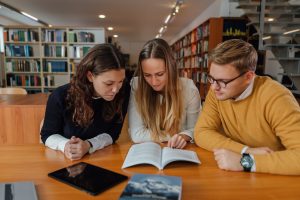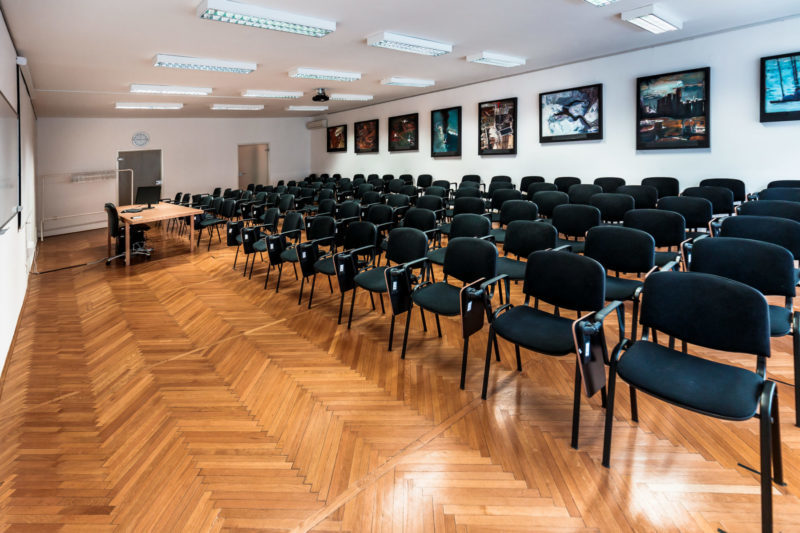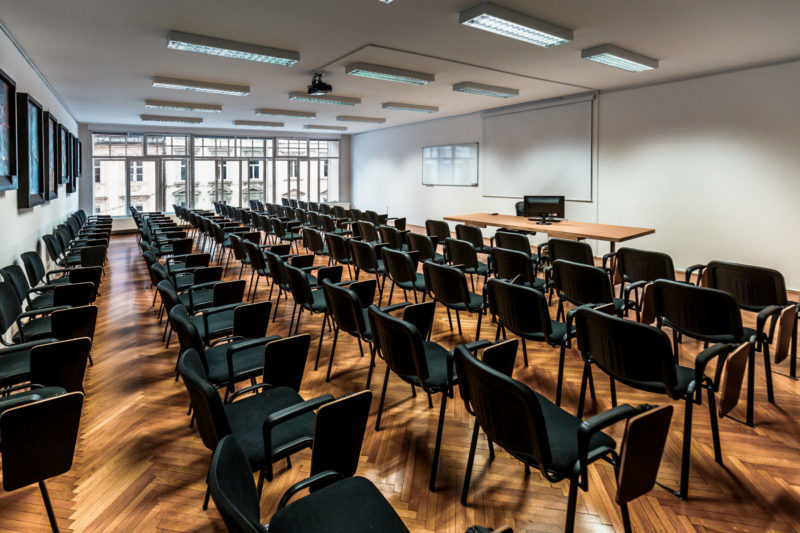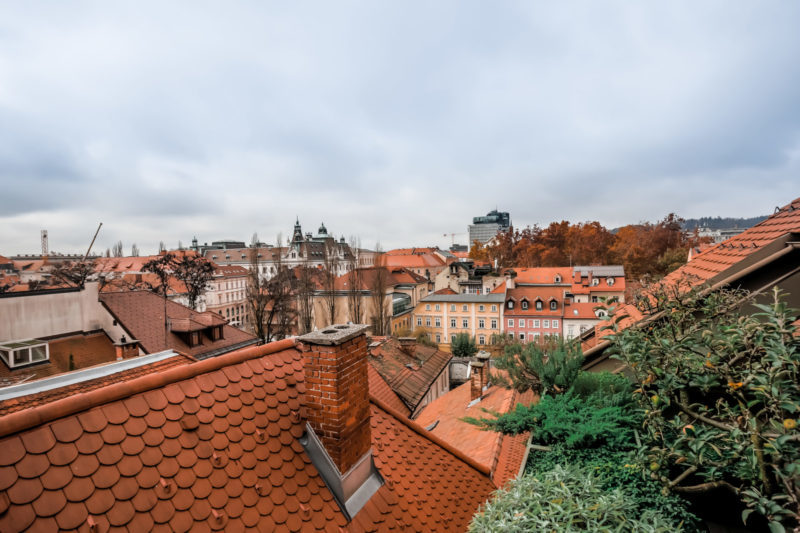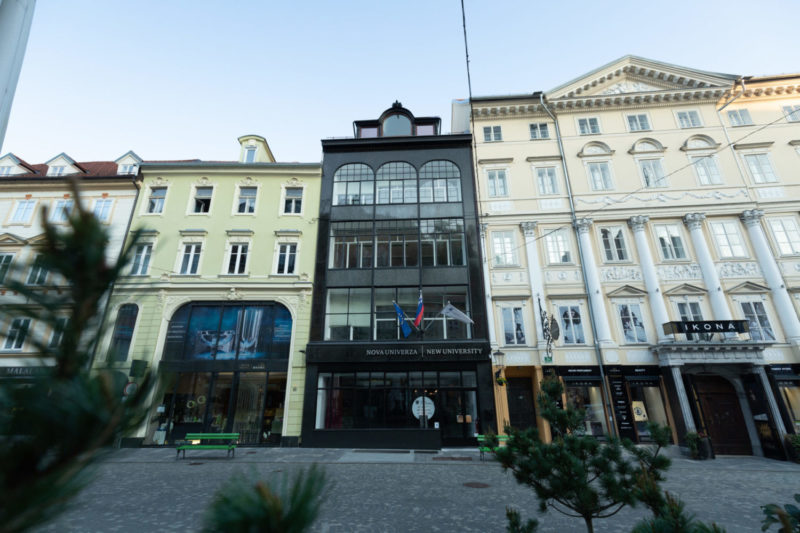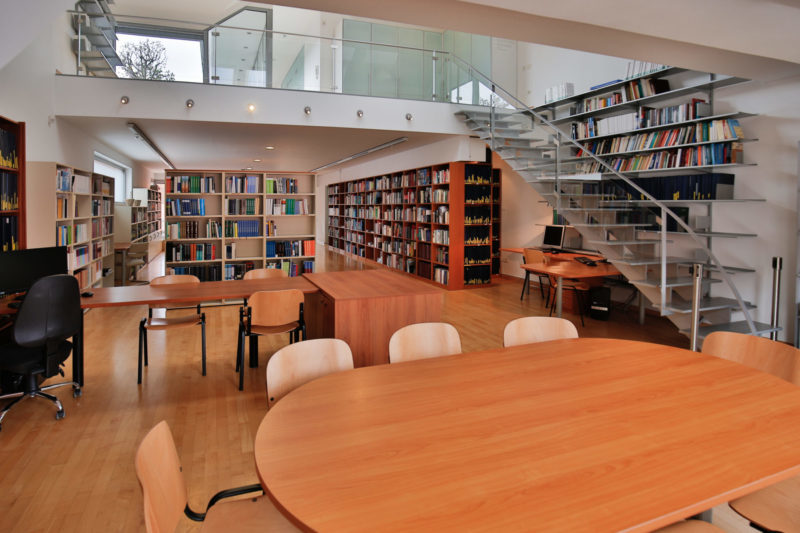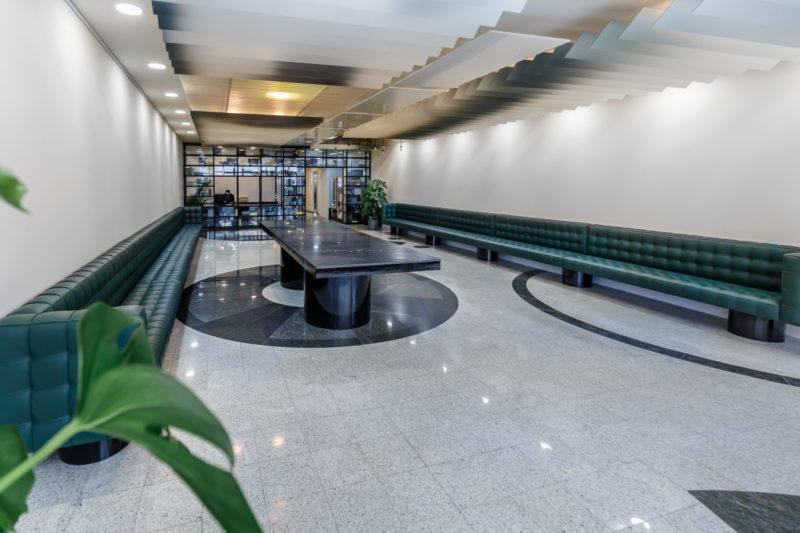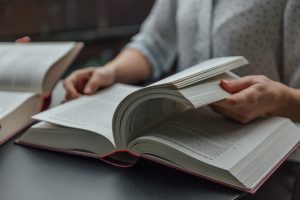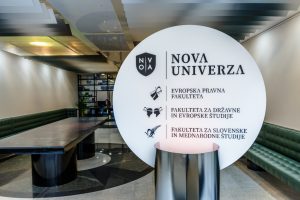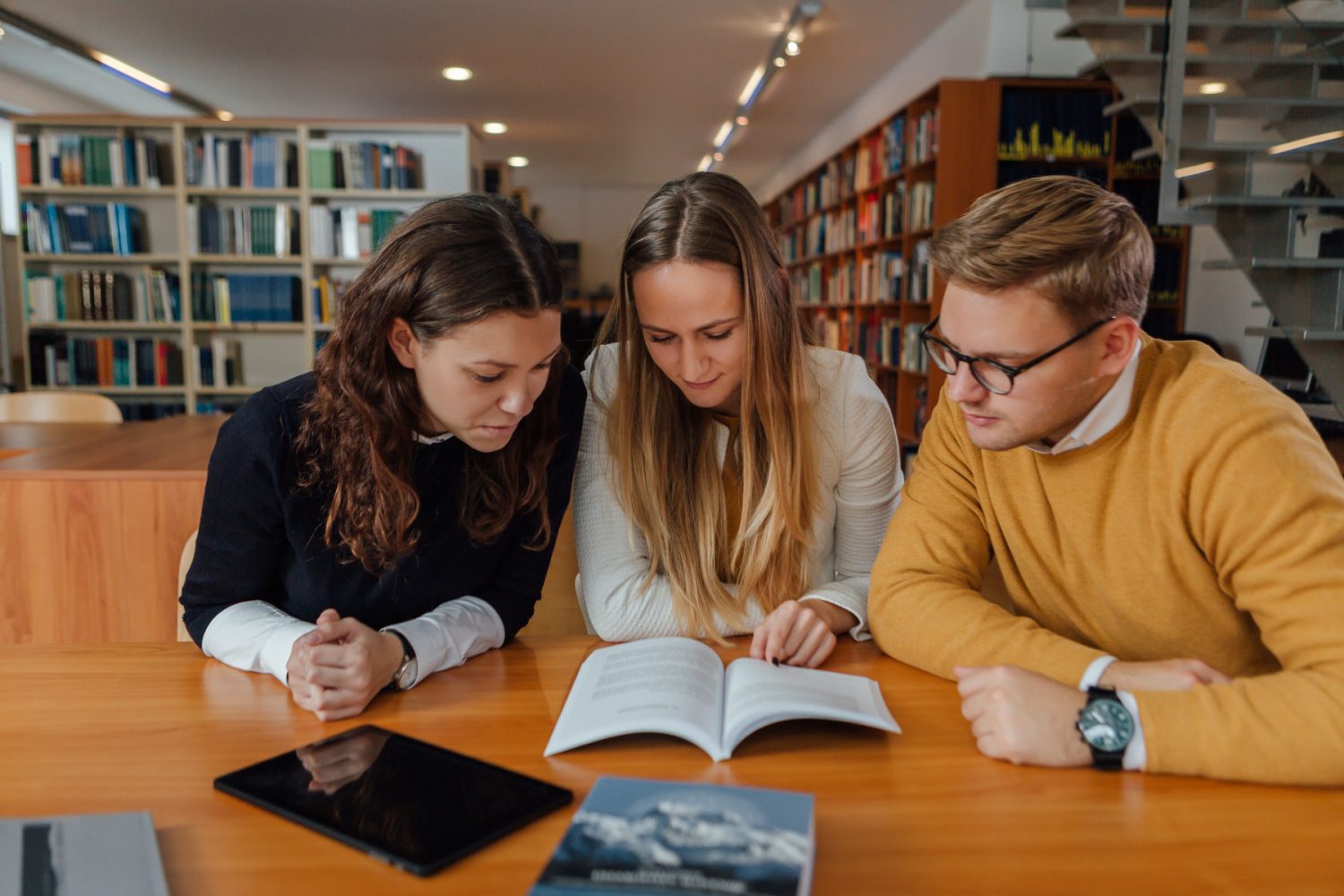
Enrollment
The instructions for incoming foreign students
1. EU STUDENTS
Health insurance:
Students from within the EU area should bring with them basic EU health insurance from their own county. For additional types of health insurance, accident insurance, etc., they may enter one of international health insurance schemes (e.g. CORIS, STA) in Slovenia. Also, they are advised to make a copy of their health insurance and leave it with their friend, mentor, etc., in case of accident.
Registration at a Public Administration Division, Department for Foreigners (The Foreigners Act, Off. Gaz. No. 50/2011 – hereinafter ZTuj-2):
without being properly registered students may reside in Slovenia in the duration of up to 3 months. Should they wish to remain there longer they must register at a Public Administration Division by submitting an application for student residence. A confirmation of student status (e.g. scholarship contract or confirmation of enrolment), a valid ID or passport, sufficient financial means for living (a written statement), and appropriate health insurance should be enclosed (ZTuj-2, Sect. XIII).
Registration of residence:
The landlord must register the temporary residence of a foreigner who has a valid residence permit for the Republic of Slovenia when such foreigner temporarily settles down at his premises, at any administrative division within the period of 3 days of his or her acceptance irrespective of the duration of settlement. The landlord must report a foreigner who settles down at his premises but does not possess a permit for residing in the Republic of Slovenia to the police station in the area of the foreigner’s settlement, in 3 days after the crossing of the state border or after the change of his or her settlement.
Taxes, income tax:
i. Work through the student’s service office: the income received by a foreign student is subject to the same tax rate as that obtained by Slovene students.
ii. A scholarship received by a foreign student in Slovenia is exempted from taxation (Income Tax Act (ZDoh-2), Arts. 25 and 106).
2. NON-EU STUDENTS
Health insurance:
Students should be properly insured already at the time of obtaining a residence permit (while still at home). They must get health insurance that covers the EU area or only Slovenia. Students from countries which have signed a special social and health insurance agreement with Slovenia may take the opportunity of that. Also, they are advised to make a copy of their health insurance and leave it with their friend, mentor, etc., in case of accident.
Residence permit:
Students from non-European countries in order to study in Slovenia should obtain a student residence permit prior to their entry into Slovenia. For that purpose they should submit an application for the permit at the Slovenian embassy or the embassy that is authorized for accepting applications for residence permits in Slovenia. Students may request the extension of a residence permit at an administrative division in Slovenia. In order to obtain the residence permit they must submit a proof of student status, a proof of having sufficient financial resources for living, a valid passport, appropriate health insurance, and also indicate a place of temporary residence in Slovenia. The process of obtaining the permit usually takes at least 6 weeks.
Long-term residence visa:
Students may enter Slovenia also on the basis of a long-term residence visa. The so-called D Visa may be issued for taking part at a course or another similar kind of education or specialization due to which a foreigner does need a student residence permit.
Registration of residence:
The landlord must register the temporary residence of a foreigner who has a valid residence permit in the Republic of Slovenia when such foreigner temporarily settles down at his premises, at any administrative division within the period of 3 days of his or her acceptance irrespective of the duration of settlement.
Taxes, income tax:
i. Work through the student’s service office: the income received by a foreign student is subject to the same tax rate as that obtained by Slovene students.
ii. A scholarship received by a foreign student in Slovenia is exempted from taxation.
3. PROFESSORS
Incoming professors:
Professors who come on a short visit here and are EU citizens do not need any residence permit. Professors who come on a short visit here and originate from countries whose citizens may enter and reside in the country without a visa also do not need to obtain special entry documents. If professors come from a country whose citizens need a visa for entering and residing here, the professors must obtain a visa for short-term residence (C Visa) for which the hosting institution must write a letter of invitation or a letter of guarantee.
Taxes, income tax:
i. Professors are liable to income tax.
ii. If there exists a double tax avoidance agreement between Slovenia and the professor’s country (KIDO 7), the professor should fulfil a KIDO 7 form so that the tax is not assessed in Slovenia but in his or her own country.
4. RESEARCHERS
From the EU
Entry and residence:
Researches who come to Slovenia to make research and who are at the same time paid for their work here must register at an administrative division due to work or employment. For the registration they need a valid ID, a proof of research work or a contract of employment and appropriate health insurance (European card of health insurance).
Not from the EU
Entry and residence:
Researchers who are not paid for their work in Slovenia must prior to their entry into Slovenia obtain a temporary residence permit for work in the area of research and higher education (ZTuj-2, Art. 38). The application may be filed by the researcher alone or by the research institution at the Slovene embassy in his or her own country. In the case of employment the researcher is issued a temporary residence permit for high qualified employment – EU Blue Card (ZTuj-2, Arts. 39-43). The researcher must have a valid passport, appropriate health insurance, a contract of employment or a confirmation of that he or she will get employment and a proof of appropriate education or comparable work experiences.
Taxes, income tax:
Researchers who are employed in Slovenia are liable to taxes. If there exists a double tax avoidance agreement between Slovenia and the professor’s country (KIDO 7), the professor should fulfil a KIDO 7 form so that the tax is not assessed in Slovenia but in his or her own country.
Researcher’s family members:
The family members of a researcher who has a Blue Card may on the basis of such request a temporary residence permit to unit their family (ZTuj-2, Arts. 42 and 47).
More information: http://studyinslovenia.si/
Application and Enrollment Deadlines for Foreigners
You can find the Application and Enrollment Deadlines for Foreigners HERE.
You can fulfill your application form via evš portal.
Instructions for the application are here.
Useful information
The Faculty of Slovenian and International Studies is located in the very center of Ljubljana. Ljubljana is the political, scientific and cultural center of the Slovenian nation and with a population of just over 288,000, it is also the largest city in Slovenia and its most important economic center.
The city is especially characterized by the typical fusion of old bourgeois architecture with newer architectural trends. Ljubljana is a city of culture, home to many theaters, museums and galleries, and also one of the oldest philharmonics in the world. In the warmer months, many café tables and chairs fill the banks of the Ljubljanica and the squares of the old town. Here, the people of Ljubljana meet for morning coffee, after an almost obligatory Saturday visit to the Ljubljana market or Sunday’s flea market, or for an evening chat with friends. The first impression that a visitor usually gets about Ljubljana is that it is an extremely young city, as it gives it a special pulse of more than 50,000 students.
The premises of the Faculty of Slovenian and International Studies are located at Mestni trg 23, 1000 Ljubljana.
Access to the faculty is possible:
- by car: the nearest parking lot is a garage house on Kongresni trg,
- by city bus: nearby stops are Šubičeva (Maxi market) and Krekov trg,
- by train: the faculty is 1.4 km from the main train station.
The faculty has 5 lecture halls and 2 meeting rooms. The five lecture halls with the following capacities in the premises of the Faculty of Slovenian and International Studies are:
- Jože Pučnik lecture room (approximate capacity 53 seats);
- Leon Štukelj lecture room (approximate capacity 47 seats);
- Lecture Hall by Karol Jozef Wojtyla (approximate capacity 89 seats);
- Robert Schuman Lecture Room (approximate capacity 48 seats);
- France Bučar lecture room (approximate capacity 72 seats).
The lecture rooms are comfortable and adequately equipped with all modern teaching and technical aids (projection surface and projector, computers with internet connection, wireless network, sound system, etc.).
In addition to these, there are also two meeting rooms available on the premises of the faculty, in which staff meetings, individual consultations, speaking hours and defenses of final works usually take place.
An important acquisition of the faculty is the elegant premises of the University Library of the New University on the 4th floor, where there are 15 reading seats and 6 computers. Wireless internet access is provided throughout the building.
Price list
Prices of tuitions and contributions for services of the Faculty of Slovenian and International studies, New University
Students with special needs
The Faculty for Slovenian and International Studies enables students with special needs suitable adjustments of the study process that assure their equal participation and integration into all procedures at the faculty. Thus, the faculty is responsible to provide equal rights and access to information available to the public.
Students with special needs at the Faculty for Slovenian and International Studies are in accordance with the Rules of studies of the FSIS entitled to special benefits. The latter defines terms for granting a status of a student with special needs and common rights and adjustments of the study process. In order to enforce the rights arising from the mentioned Rules, the students must submit an application to the Commission for Student Affairs at the Faculty for Slovenian and International Studies.
In specific cases, the Faculty enables individual procedures that are based on coordination of individual student’s needs on one side and characteristics of a single study programme on the other. The support in the field of enrolment, introduction into the study process, adjustment of study materials and study support to students with special needs is provided by the Faculty’s Student Office.
– CONTACT: referat@fsms.nova-uni.si
The Career Centre of the Faculty for Slovenian and International Studies also provides students with special needs with different forms of individual assistance. Herewith it provides individual career counselling, support in selection of studies, support at the introduction into the study process, assistance in career plan preparation, various free workshops in order to obtain additional knowledge, visits to working environments, presentations of employers, assistance in transition into employment (preparation of written presentation, preparation of innovative presentation to the employer) and other activities.
– CONTACT: karierni.center@nova-uni.si
The Faculty for Slovenian and International Studies also enables additional adjustment of the study process with the assistance of E-studies. This type of studies represents an extreme opportunity for many who find the classical form of studies inappropriate and is also suitable for students who travel a lot or reside in remote parts of Slovenia or abroad, and is especially friendly to students with special needs. The advantages of E-studies are hidden in the flexibility of studies and the ability of individual adjustment of the pace of learning to individual’s needs. In addition, in many cases the average learning time is shortened, study results are improved, since the student is:
- enabled with unlimited insight into video footage of lectures and electronic study material,
- enabled with interactive participation of selected discussions and debates at selected dates,
- enabled with individual monitoring of study progress,
- and enabled with adjusting the font size and volume of recordings for students with a vision or hearing problem.
– CONTACT: referat@fsms.nova-uni.si
